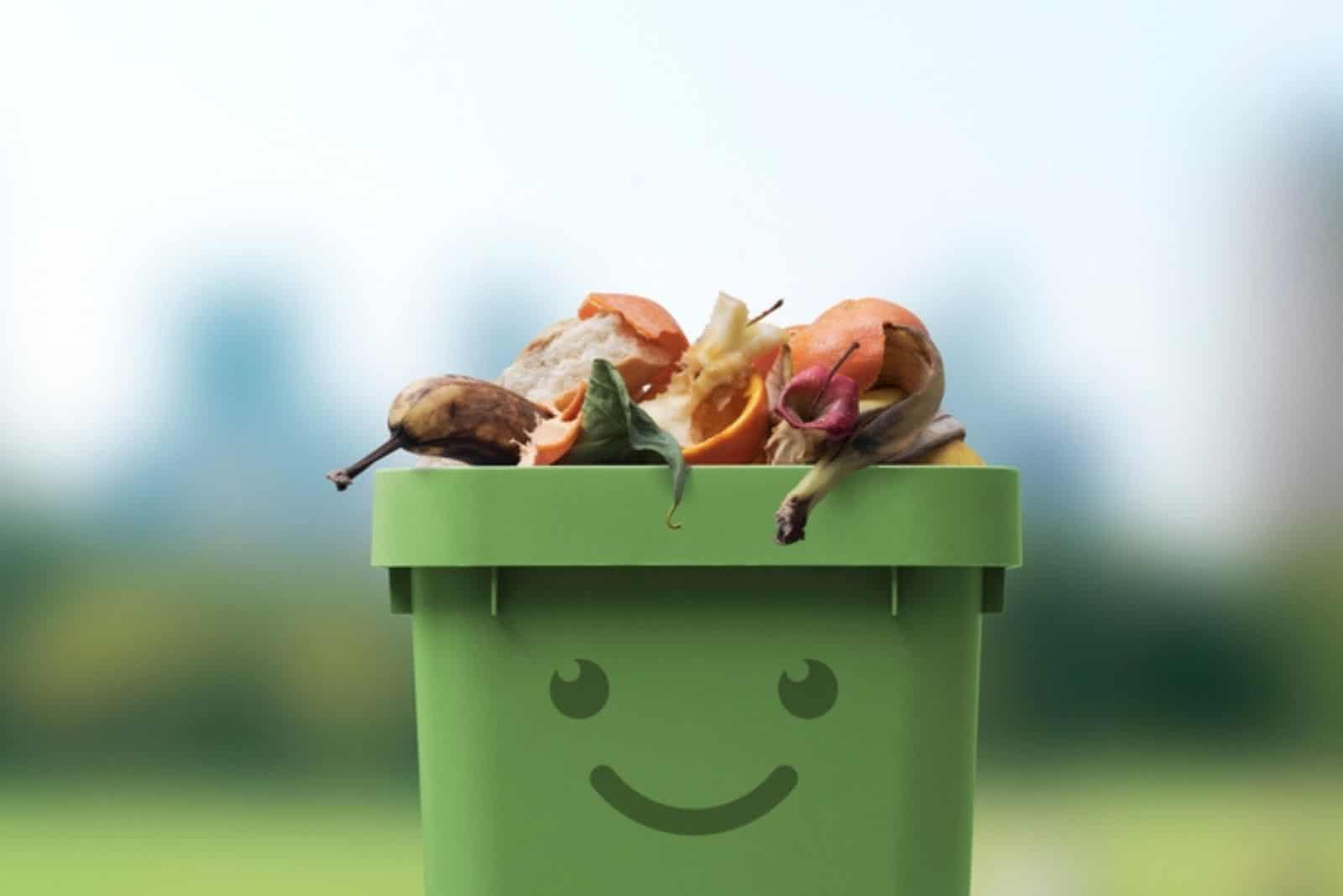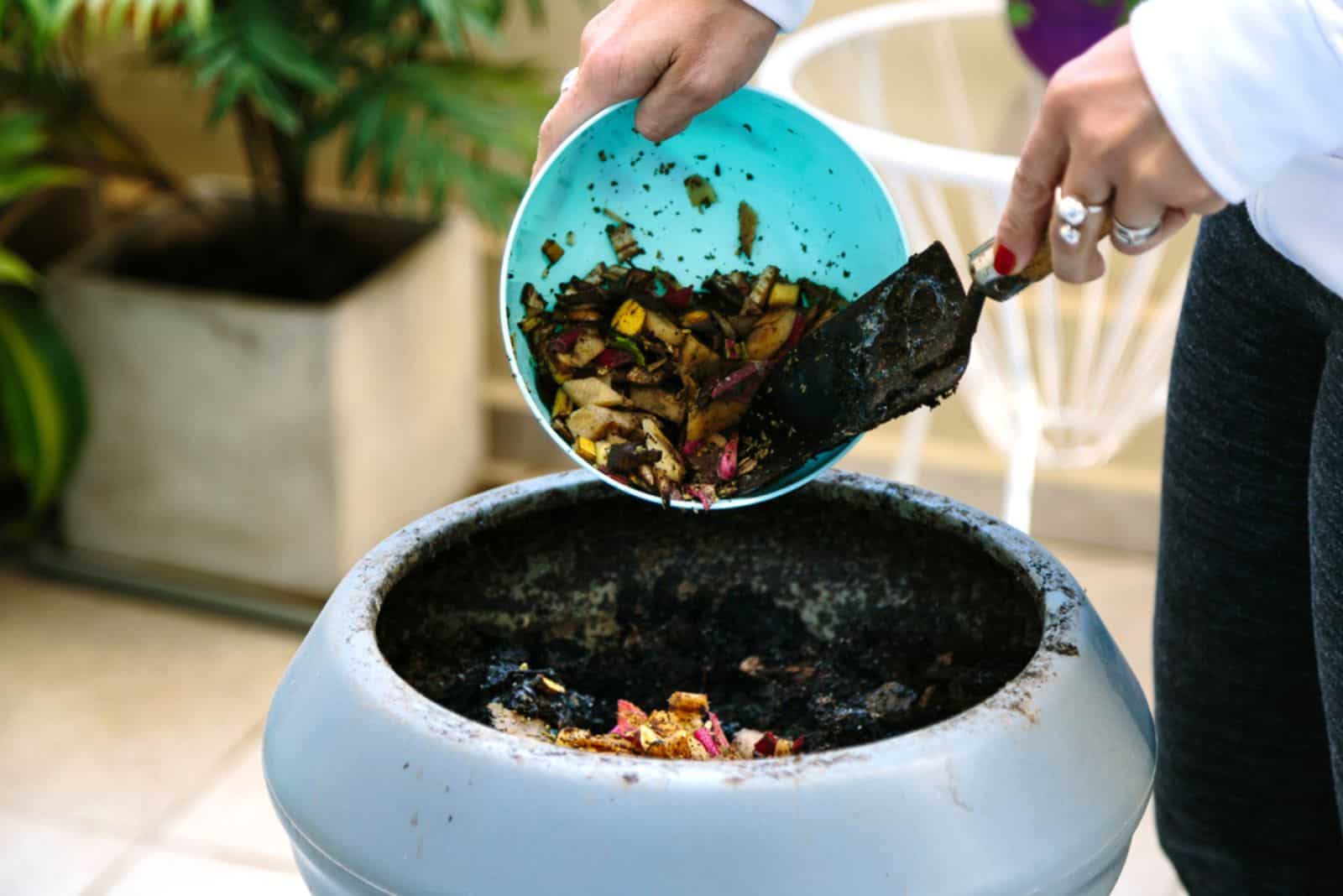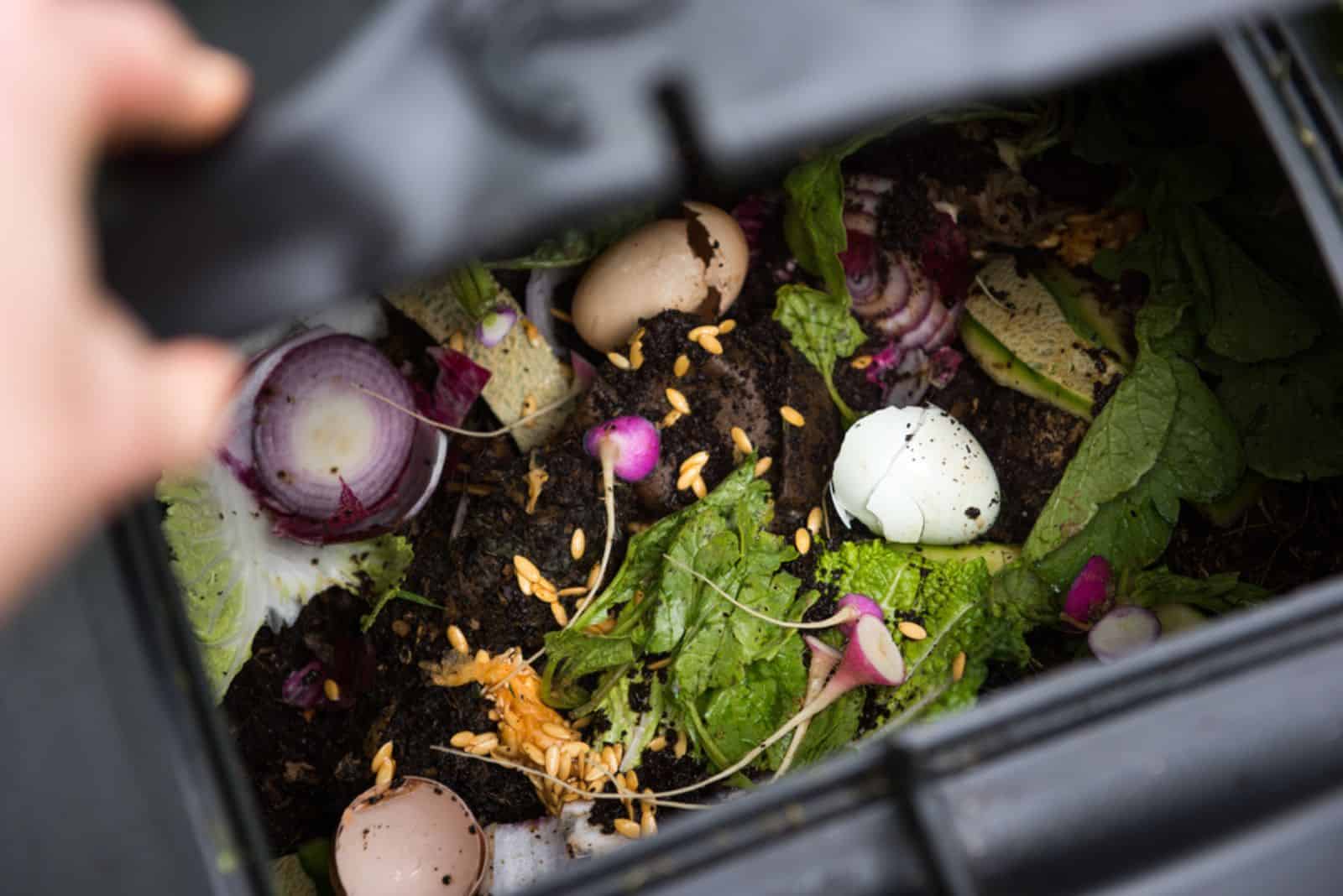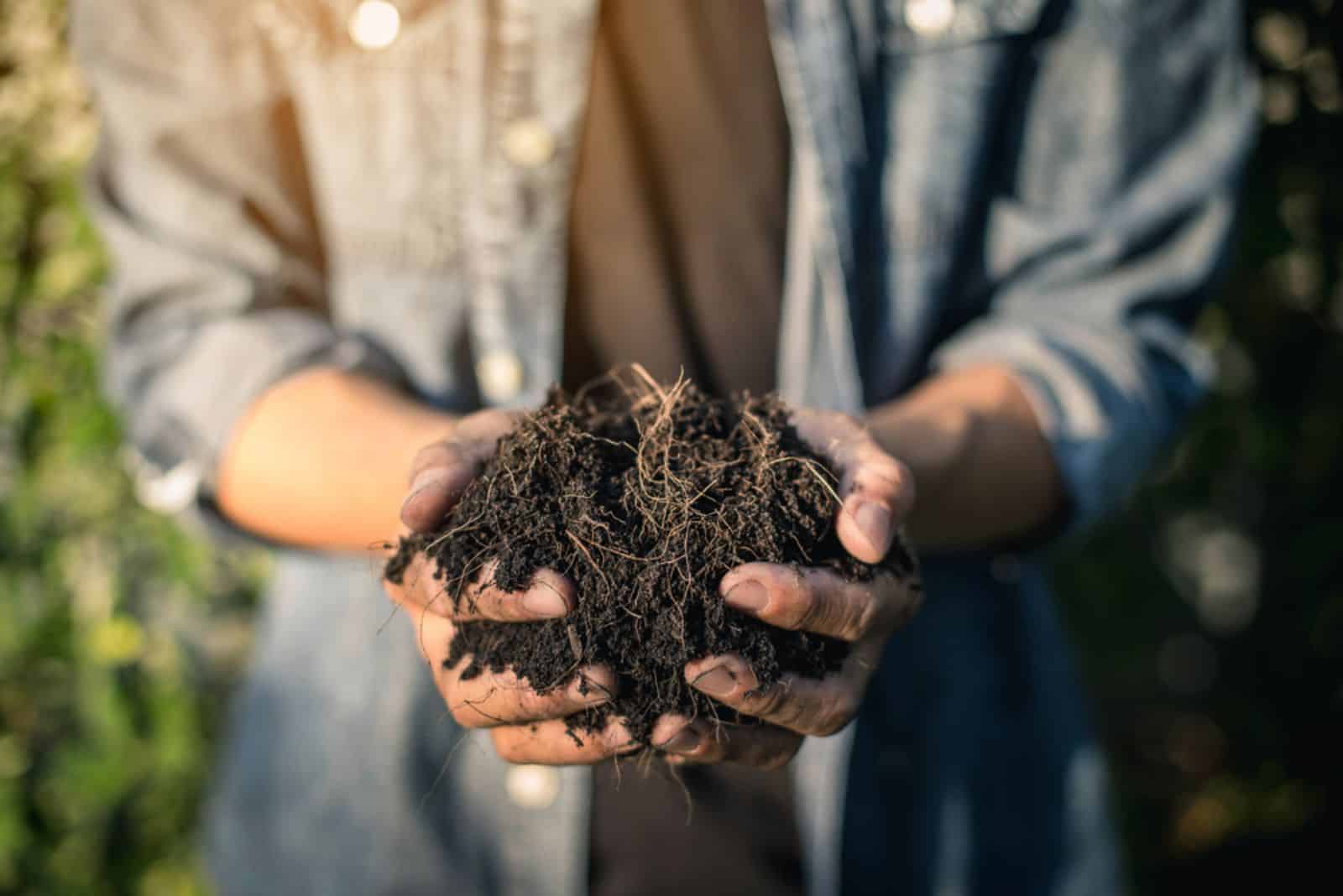Did you know that almost 40% of food is wasted in the US? That is 119 billion pounds of waste per year that ends up in landfills. But do we really have enough space for all that waste, and is there a better option? (1)
Sending kitchen scraps and garden waste to landfills doesn’t turn them into compost. Instead, they rot and release harmful greenhouse gasses that damage the environment.
Surprisingly, 28% of all household waste is actually compostable, which means we can make a positive impact on the environment with just one action. (2)
Let’s check it out!
Who Can Compost?
Composting isn’t just for gardeners and environmentalists. There’s industrial composting that collects huge amounts of compostable materials, turns them into black gold, and sells them to nurseries and farms. (3)
These large-scale composting operations collect waste from restaurants, grocery stores, green waste household bins, campuses, and other communities with composting bins.
Of course, just because industrial composting exists, it doesn’t mean you can’t make your own contribution. Composting is a way of sustainable living and it eliminates the need to buy expensive fertilizers for your plants because you can make your own.
And if you don’t have a garden where you can use it, you can always give it to a composting operation.
Composting Helps Climate
Composting and natural food rotting aren’t the same thing. When food rots in the landfill, it does so without oxygen, releasing methane – a greenhouse gas even more toxic than carbon dioxide. (4)
On the other hand, composting occurs in the presence of oxygen and microbes that break down organic matter without producing greenhouse gasses.
Carbon, nitrogen, and other nutrients get recycled and turned into compost that improves soil fertility and health.
It improves soil structure, making it more aerated and moisture-retentive. And since it adds nutrients to the substrate, you won’t have to buy pricey fertilizers.
Composting also reduces the emission of carbon dioxide into the atmosphere. (5)
Soils and plants have the potential to capture about 30% of carbon dioxide instead of releasing it, and soils can keep the CO₂ “trapped” for centuries or even millenia. (6)
Furthermore, composting decomposable waste instead of sending it to landfill can reduce over 50% of greenhouse gas emissions. (7)
A lot of carbon has been lost from the soil, resulting in its release into the atmosphere. Luckily, composting will give some of it back to the soil, improving its overall health and fertility.
The idea of using soil to reduce CO₂ in the air became well known through the global Paris Agreement in 2015, via the 4 per 1000 initiative.
It says that if we increase the carbon in soil by 0.04% each year (4 per 1000), it would balance out the extra CO₂ in the air. That would be a big help in fighting climate change.
Benefits Of Precision Agriculture
Compost can help agriculture on a global scale, but there are ways to reap its benefits to the fullest.
According to the research, using just about any compost on farmland doesn’t always give the best results.
But matching the right compost types and methods to specific crops and growing conditions can increase the yield and put more organic carbon back into the soil.
It is called precision compost strategy and can increase overall food production.
This approach has been found to be especially effective in dry and hot regions, where it can boost yields by up to 40%. All that’s left is to develop individual strategies for individual farms.
Saves Money
Despite the rapid increase in food and garden waste, only 27% of Americans take part in composting operations. (8)
The key is to make composting as easy as garbage disposal, and some states have even made mandatory composting plans. According to the research above, 80% of food waste in San Francisco is composted because the city made this practice easy.
If everyone followed this technique, landfills would be emptier and fields healthier.
Additionally, composting saves money. For instance, if you compost your kitchen and garden waste, you won’t have to buy fertilizers.
Furthermore, composting can also save the cost of garbage disposal, about $43-$44 per ton of solid waste. (9)
Finally, the key is reducing waste production altogether. But when that’s unavoidable, composting the kitchen and garden waste is a wise choice.
References:
1. Food Waste and Food Rescue (n.d.) Feeding America.
2. Composting at Home: How to Reduce Your Waste and Make Your Own Fertilizer (2020). IU, Environmental Resilience Institute.
3. Mullen, L. (2020). What Is Industrial Composting?. CU Boulder, Environmental Center: Division of Student Affairs.
4. Fight Climate Change by Preventing Food Waste (n.d.). WWF.
5. Buzby, J. (2022). Food Waste and its Links to Greenhouse Gases and Climate Change. USDA.
6. Garthwaite, J. (2021). Soils or Plants Will Absorb More CO₂ as Carbon Levels Rise – But not both, Stanford Study Finds. Stanford: News Service.
7. Talt, G. The ComPOSTer: How much can Composting Help in Solving the Climate Challenge? [UPDATED]. S.C.R.A.P. Lab, Sustainable Composting Research at Princeton.
8. Op-Ed: To Get More People to Compost, Don’t Make it Mandatory; Make it Easy (2023). Waste Advantage Magazine: The Advantage in the Waste and Recycling Industry.
9. Sherman, R. (2020). Community Backyard Composting Programs Can Reduce Waste and Save Money. NC Extension.




